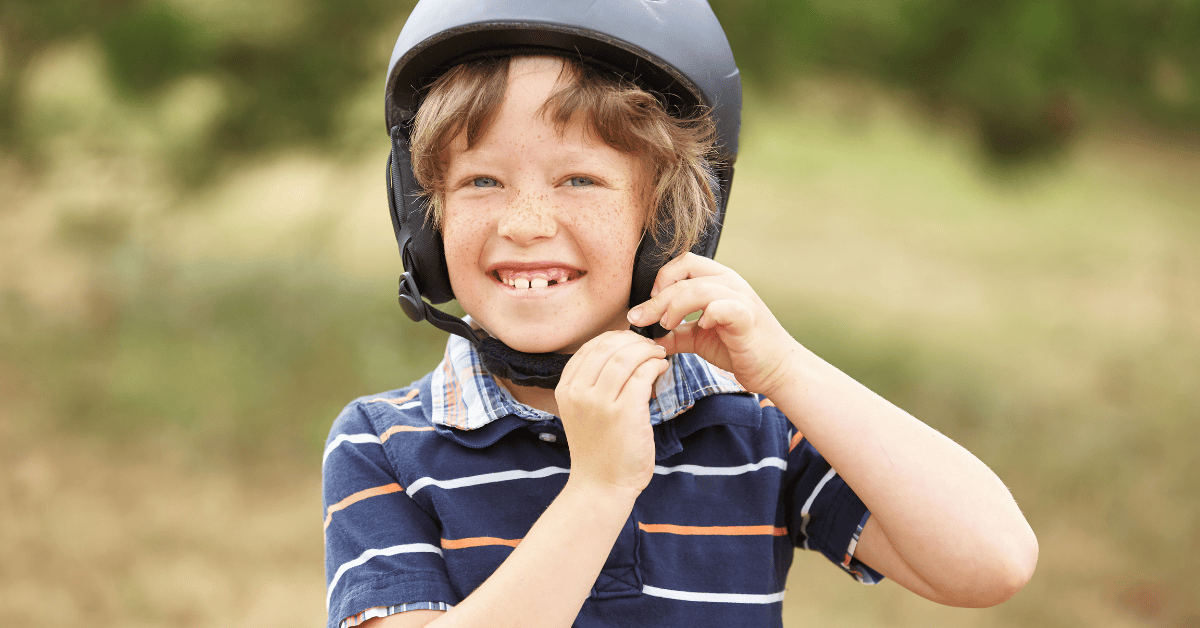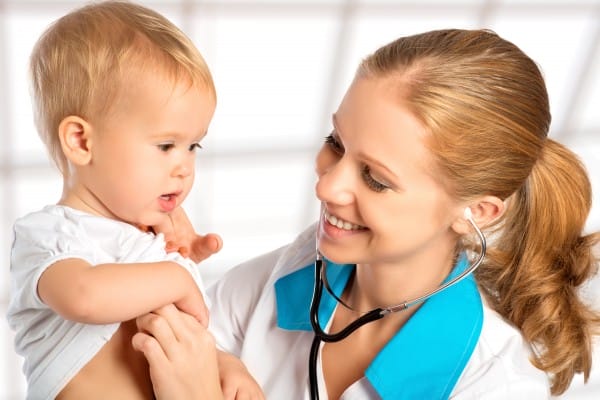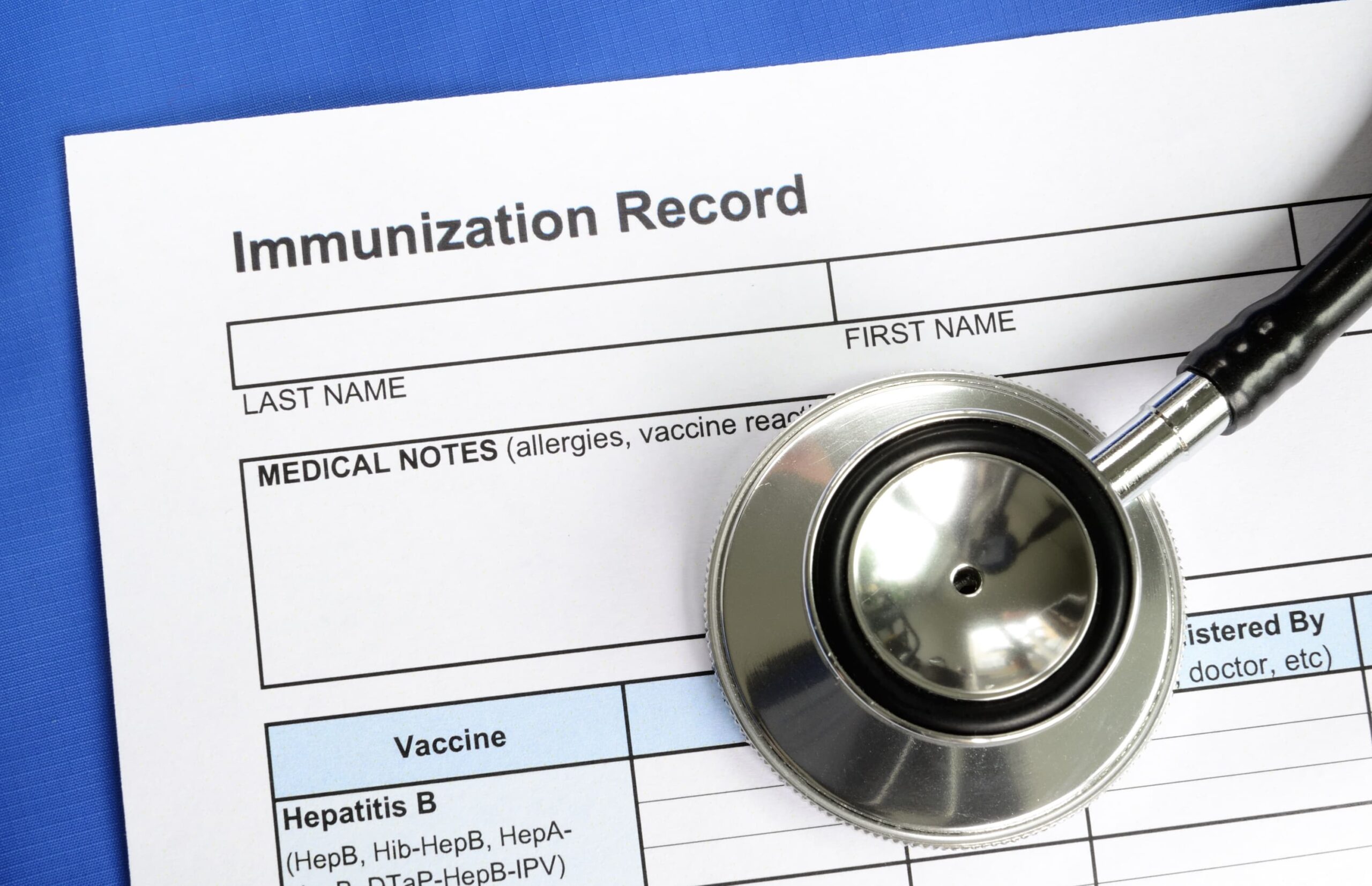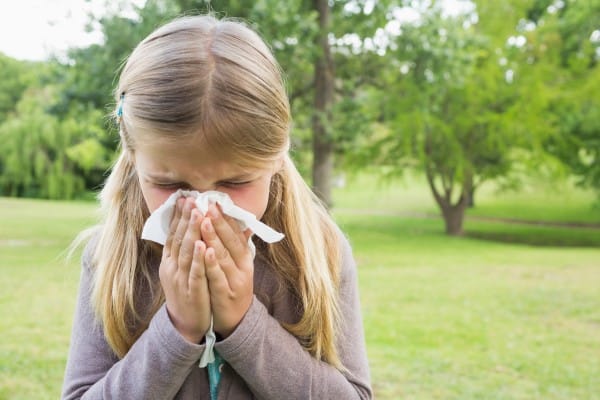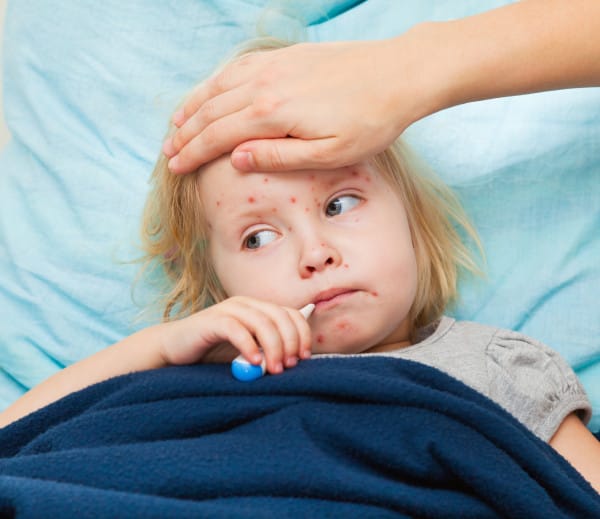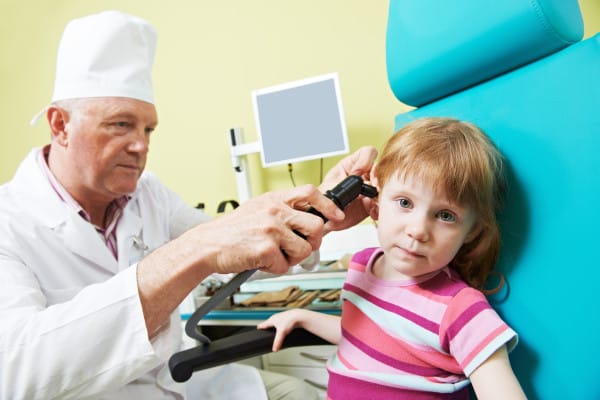Regrettably, post concussion syndrome is common in kids and not talked about enough.
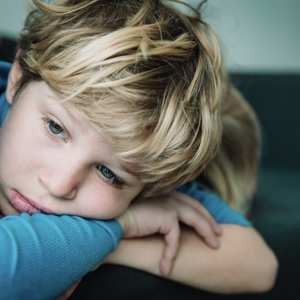
Post concussion syndrome, also called persistent post concussion syndrome, is a pattern of life-altering symptoms that occur after a concussion. Post concussion syndrome can affect a child’s brain, behavior, mood, personality, and body. Though parents are usually more concerned about serious head injuries, even mild concussions can result in post concussion syndrome. A recent study found that 25% of children admitted to the emergency department with mild concussions had post concussion symptoms 6-60 months later.
However, there are proven preventative options which include taking appropriate safety precautions and neuroprotective supplements.
This article will cover symptoms of post concussion syndrome in kids, ways to treat post concussion syndrome in kids, and strategies for preventing post concussion syndrome.
Symptoms of Post Concussion Syndrome In Kids
Most children recover from concussions within 2-4 weeks. If post concussion symptoms last longer than 4 weeks, it may be time to consider having your child evaluated for post concussion syndrome.
Mood Or Personality Changes
Post concussion syndrome symptoms may include mood or personality changes. Kids may have new or more frequent emotional outbursts or meltdowns. They may lose interest in things they used to love and develop more fears and/or anxieties. Formerly easy-going kids may become restless, withdrawn, clingy, or irritable.
Memory And Focus Difficulties
Memory and focus may suffer after a concussion. Kids may start to exhibit symptoms of ADHD, have difficulties in school, have trouble learning new games, complain of brain fog, lose confidence, seem scattered and disorganized, and have difficulty following directions. Kids may find that their thinking is slow and may seem slower than usual to respond.
Impaired Vision And Balance
Vision and balance may be affected. Kids may stop enjoying the sports and video games that they used to love. Reading may become difficult. Their eyes may be more sensitive to light. Kids may engage less in active play with their friends. They may have difficulty with car rides and complain of dizziness or motion sickness. Dizziness and lightheadedness after standing quickly may also occur.
Increased Headaches
Kids may start to get more headaches than usual. Reading, mental focus, physical activity, bright lights, and sensory overstimulation may cause headaches. Kids may start to avoid school, shopping, and parties, and they may start to prefer quiet places.
Decreased Sleep And Energy Levels
Sleep and energy levels may be impacted. They may have difficulty falling or staying asleep and/or may complain of being tired all of the time. They may take a long time to recover after mild exercise, overstimulation, and/or disruption to schedule.
Integrative Treatment Of Post Concussion Syndrome
Integrative treatment of post concussion syndrome centers on four pillars:
- Restoring the autonomic nervous system. This addresses problems like headache, sleep problems, and dizziness after standing too quickly (aka postural hypotension).
- Addressing vestibular and ocular symptoms. This means addressing problems with balance and vision.
- Calming neuroinflammation. This addresses problems with fatigue, brain fog, slow thinking, memory, depression anxiety, and PTSD.
- Balancing neurotransmitters. This is important for cognitive function, memory, and mood.
Each person with post concussion syndrome will experience a different pattern of the above groups of symptoms and will need individualized treatment. Some people may only experience one or two of the above types of symptoms while others may experience all four. Working with an experienced professional is a requirement for proper treatment.
Note: Post Traumatic Stress Disorder (PTSD) often co-occurs with post concussion syndrome. Make sure that your child is evaluated for both because the symptoms often overlap, but the treatments are different.
Treatment To Restore The Autonomic Nervous System After A Concussion
The autonomic nervous system could also be called the automatic nervous system. It controls all the unconscious processes that keep the body functioning without thinking about it. Things like sleep, energy levels, digestion, heart rate, blood pressure, sweating, and breathing are all affected by the autonomic nervous system.
The two modes of the autonomic nervous system are parasympathetic or “rest and digest” and sympathetic or “fight-fight-freeze,” and the body’s ability to switch easily back and forth between them is essential to good health.
Healing the autonomic nervous system is a huge topic and there are many strategies available. Making sure that the gut-brain connection is healthy is an important first step. Counseling, therapy, or yoga to instill a sense of safety in the body and in the world could be important for some kids. Connection with family, community, and nature is essential. Relaxing herbs that work to restore the neuroendocrine system may be helpful aids for some kids to balance the nervous system.
Addressing Vestibular (Balance) and Ocular (Eye) Issues
Vestibular-ocular dysfunction is common after a concussion, especially in athletes. It causes symptoms like dizziness, blurred vision, motion sensitivity, nausea, and balance problems.
Vestibular rehabilitation therapy, cervical spine assessment and therapy, and gentle exercise may be helpful. Any exercise or exertion that occurs after a concussion should be low level and halted before it causes any symptoms. Taking it easy is much more important than pushing through pain at this stage of healing.
Magnesium is important for the ocular-vestibular system and should be considered for kids with these symptoms.
Calming Neuroinflammation
Neuroinflammation causes symptoms like brain fog, depression, irritability, difficulty managing anger, memory problems, and fatigue. It can occur after brain injury if the brain fails to restore inflammatory balance after the acute phase of healing.
Eating an anti-inflammatory diet and living an anti-inflammatory lifestyle are foundational aspects of calming neuroinflammation after a traumatic brain injury.
Melatonin is an important anti-inflammatory molecule and there is evidence that it can improve symptoms like sleep disturbances and depression associated with post concussion syndrome. Omega 3 fatty acids, astaxanthin, moringa, and curcumin are other anti-inflammatory supplements that may be helpful.
Balancing Neurotransmitters
Neurotransmitter balance in the brain can shift after injury, leading to changes in mood, cognition, and behavior. Prescription antidepressants that affect serotonin (a neurotransmitter) are a common conventional treatment for post concussion syndrome.
Many different herbs and nutraceuticals are available for rebalancing neurotransmitters. One of my favorite brain supplements for kids is L-Theanine. L-Theanine is an amino acid found in green tea and it helps with anxiety, focus, memory, sleep, and more.
Prevention of Post Concussion Syndrome
Preventing post concussion syndrome is easier and more effective than treating it. Prevention of post concussion syndrome focuses on using proper physical protection when driving and playing sports. Minimizing risk factors, using preventative neuroprotective supplements, and early treatment of concussion are other important aspects of prevention.
Using Proper Protection When Driving & Playing Sports
Seatbelts, helmets, mouthguards, and handrails are important for preventing falls and blows to the head. Prevention is key to reducing risk of injury!
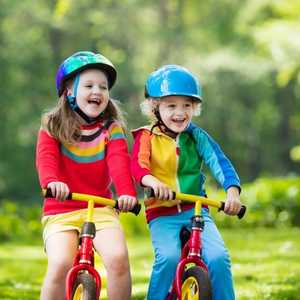
Minimizing Risk Factors
Risk factors for developing post concussion syndrome include stress, social difficulties, and nutrient deficiency. Helping kids manage stress after a head injury will help them to recover more quickly. It is important to understand that kids with social difficulties may have a slower recovery trajectory and may require more support from their parents and families during recovery.
Vitamin D deficiency may be associated with an increased risk of problems after traumatic brain injury. Pro-inflammatory diets and diets low in omega 3 fatty acids may also lead to greater symptoms after brain injury.
Neuroprotective Supplements
Neuroprotective supplements to prevent head injury and post concussion syndrome are a new area of research. Promising neuroprotective supplements include vitamin D, omega 3 fatty acids, curcumin, lion’s mane, choline, melatonin, folic acid, and CBD from cannabis.
Early Treatment Of Concussion
Early treatment of concussion may help to prevent more serious post concussion symptoms. Physical and mental rest are of utmost importance after concussion. Minimal screen time, plentiful rest, and light physical activity are recommended.
Magnesium, omega 3 fatty acids, vitamin D, and melatonin are the most important acute concussion supplements in my practice. I also give homeopathic arnica to all of my pediatric head injury patients and I often follow that with homeopathic natrum sulfuricum if they have persistent symptoms.
Summary
Post concussion syndrome can have serious effects on a child’s physical, mental, and emotional health. There are a variety of possible symptoms and treatment should be tailored to each individual. Prevention is key and involves physical protection and injury prevention, proper early treatment of concussion, anti-inflammatory nutritional support, and awareness of risk factors.
References:
Kapadia M, Scheid A, Fine E, Zoffness R. Review of the Management of Pediatric Post-Concussion Syndrome-a Multi-Disciplinary, Individualized Approach. Curr Rev Musculoskelet Med. 2019 Mar;12(1):57-66. doi: 10.1007/s12178-019-09533-x. PMID: 30758705; PMCID: PMC6388574.
Fried, E., Balla, U., Catalogna, M. et al. Persistent post-concussive syndrome in children after mild traumatic brain injury is prevalent and vastly underdiagnosed. Sci Rep 12, 4364 (2022). https://doi.org/10.1038/s41598-022-08302-0
Leddy, J. J., Haider, M. N., Noble, J. M., Rieger, B., Flanagan, S., McPherson, J. I., Shubin-Stein, K., Saleem, G. T., Corsaro, L., & Willer, B. (2021). Management of Concussion and Persistent Post-Concussive Symptoms for Neurologists. Current neurology and neuroscience reports, 21(12), 72. https://doi.org/10.1007/s11910-021-01160-9
Leddy, J. J., Haider, M. N., Noble, J. M., Rieger, B., Flanagan, S., McPherson, J. I., Shubin-Stein, K., Saleem, G. T., Corsaro, L., & Willer, B. (2021). Clinical Assessment of Concussion and Persistent Post-Concussive Symptoms for Neurologists. Current neurology and neuroscience reports, 21(12), 70. https://doi.org/10.1007/s11910-021-01159-2
Leddy, J. J., Baker, J. G., & Willer, B. (2016). Active Rehabilitation of Concussion and Post-concussion Syndrome. Physical medicine and rehabilitation clinics of North America, 27(2), 437–454. https://doi.org/10.1016/j.pmr.2015.12.003
Polinder, S., Cnossen, M. C., Real, R., Covic, A., Gorbunova, A., Voormolen, D. C., Master, C. L., Haagsma, J. A., Diaz-Arrastia, R., & von Steinbuechel, N. (2018). A Multidimensional Approach to Post-concussion Symptoms in Mild Traumatic Brain Injury. Frontiers in neurology, 9, 1113. https://doi.org/10.3389/fneur.2018.01113
Aviv, I., Shorer, M., Fennig, S., Aviezer, H., Singer-Harel, D., Apter, A., & Pilowsky Peleg, T. (2022). Persistent post-concussion symptoms in children: pre-injury social difficulties and acute stress reaction as risk factors. Child neuropsychology : a journal on normal and abnormal development in childhood and adolescence, 1–21. Advance online publication. https://doi.org/10.1080/09297049.2022.2072823
Laskowski, R. A., Creed, J. A., & Raghupathi, R. (2015). Pathophysiology of Mild TBI: Implications for Altered Signaling Pathways. In F. H. Kobeissy (Ed.), Brain Neurotrauma: Molecular, Neuropsychological, and Rehabilitation Aspects. CRC Press/Taylor & Francis.
Chapman, E. H., Weintraub, R. J., Milburn, M. A., Pirozzi, T. O., & Woo, E. (1999). Homeopathic treatment of mild traumatic brain injury: A randomized, double-blind, placebo-controlled clinical trial. The Journal of head trauma rehabilitation, 14(6), 521–542. https://doi.org/10.1097/00001199-199912000-00002
Standiford, L., O’Daniel, M., Hysell, M., & Trigger, C. (2021). A randomized cohort study of the efficacy of PO magnesium in the treatment of acute concussions in adolescents. The American journal of emergency medicine, 44, 419–422. https://doi.org/10.1016/j.ajem.2020.05.010
DiSabato DJ, Quan N, Godbout JP. Neuroinflammation: the devil is in the details. J Neurochem. 2016 Oct;139 Suppl 2(Suppl 2):136-153. doi: 10.1111/jnc.13607. Epub 2016 May 4. PMID: 26990767; PMCID: PMC5025335.
Barlow, K. M., Kirk, V., Brooks, B., Esser, M. J., Yeates, K. O., Zemek, R., Kirton, A., Mikrogianakis, A., MacMaster, F., Nettel-Aguirre, A., Hutchison, J., Turley, B., Cameron, C., Hill, M., Boyd, R., & Dewey, D. (2021). Efficacy of Melatonin for Sleep Disturbance in Children with Persistent Post-Concussion Symptoms: Secondary Analysis of a Randomized Controlled Trial. Journal of neurotrauma, 38(8), 950–959. https://doi.org/10.1089/neu.2020.7154
Iyer, K. K., Zalesky, A., Barlow, K. M., & Cocchi, L. (2019). Default mode network anatomy and function is linked to pediatric concussion recovery. Annals of clinical and translational neurology, 6(12), 2544–2554. https://doi.org/10.1002/acn3.50951
Ikram, M., Park, H. Y., Ali, T., & Kim, M. O. (2021). Melatonin as a Potential Regulator of Oxidative Stress, and Neuroinflammation: Mechanisms and Implications for the Management of Brain Injury-Induced Neurodegeneration. Journal of inflammation research, 14, 6251–6264. https://doi.org/10.2147/JIR.S334423
Blum, B., Kaushal, S., Khan, S., Kim, J. H., & Alvarez Villalba, C. L. (2021). Melatonin in Traumatic Brain Injury and Cognition. Cureus, 13(9), e17776. https://doi.org/10.7759/cureus.17776
Hannan, M. A., Kang, J. Y., Mohibbullah, M., Hong, Y. K., Lee, H., Choi, J. S., Choi, I. S., & Moon, I. S. (2014). Moringa oleifera with promising neuronal survival and neurite outgrowth promoting potentials. Journal of ethnopharmacology, 152(1), 142–150. https://doi.org/10.1016/j.jep.2013.12.036
Howell, D. R., & Southard, J. (2021). The Molecular Pathophysiology of Concussion. Clinics in sports medicine, 40(1), 39–51. https://doi.org/10.1016/j.csm.2020.08.001
Friedman, S. D., Poliakov, A. V., Budech, C., Shaw, D., Breiger, D., Jinguji, T., Krabak, B., Coppel, D., Lewis, T. M., Browd, S., & Ojemann, J. G. (2017). GABA alterations in pediatric sport concussion. Neurology, 89(21), 2151–2156. https://doi.org/10.1212/WNL.0000000000004666
Tamano, H., Fukura, K., Suzuki, M., Sakamoto, K., Yokogoshi, H., & Takeda, A. (2014). Advantageous effect of theanine intake on cognition. Nutritional neuroscience, 17(6), 279–283. https://doi.org/10.1179/1476830513Y.0000000094
Cook, N. E., & Iverson, G. L. (2021). Concussion Among Children in the United States General Population: Incidence and Risk Factors. Frontiers in neurology, 12, 773927. https://doi.org/10.3389/fneur.2021.773927
Tyagi, E., Agrawal, R., Zhuang, Y., Abad, C., Waschek, J. A., & Gomez-Pinilla, F. (2013). Vulnerability imposed by diet and brain trauma for anxiety-like phenotype: implications for post-traumatic stress disorders. PloS one, 8(3), e57945. https://doi.org/10.1371/journal.pone.0057945
